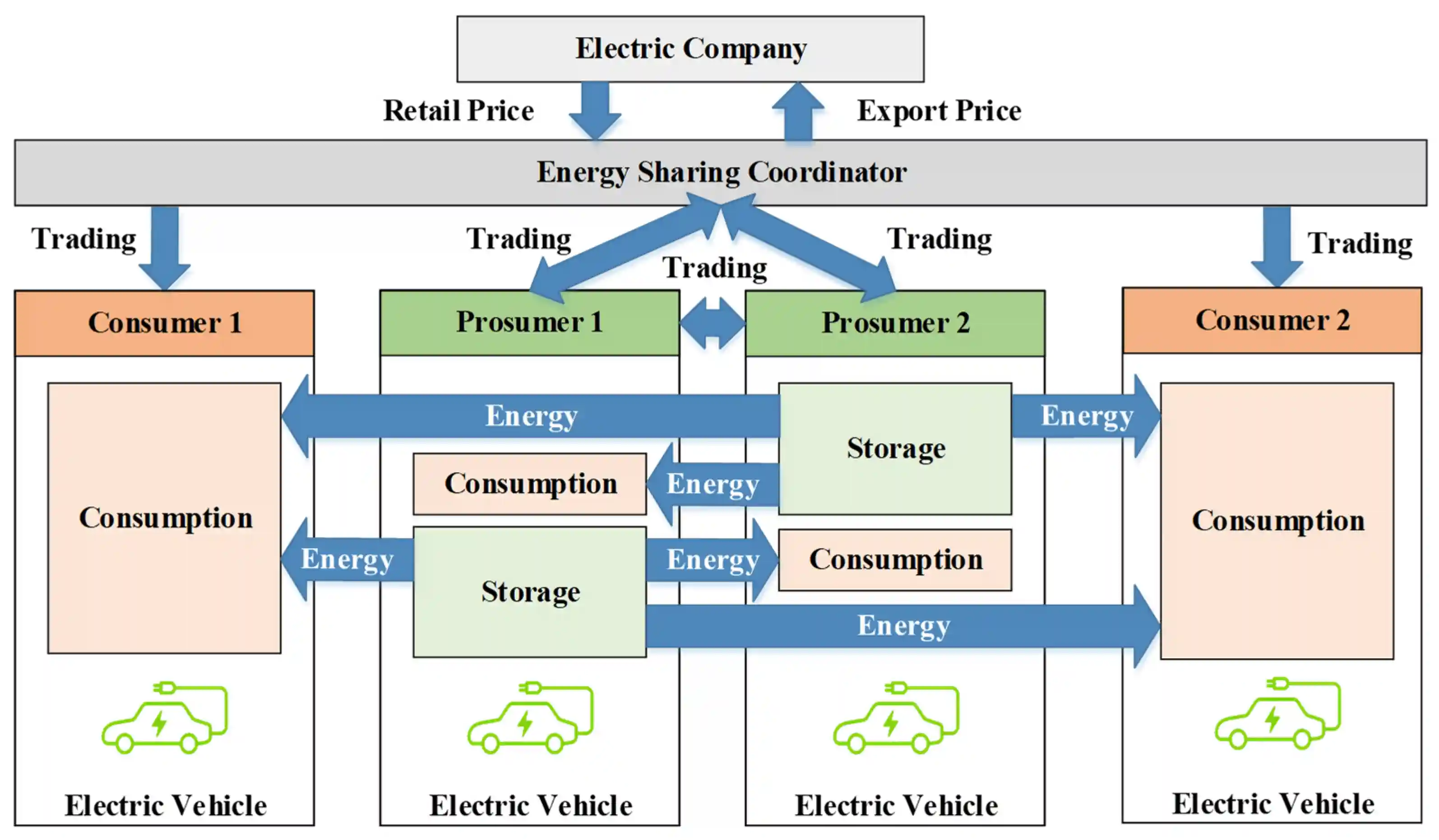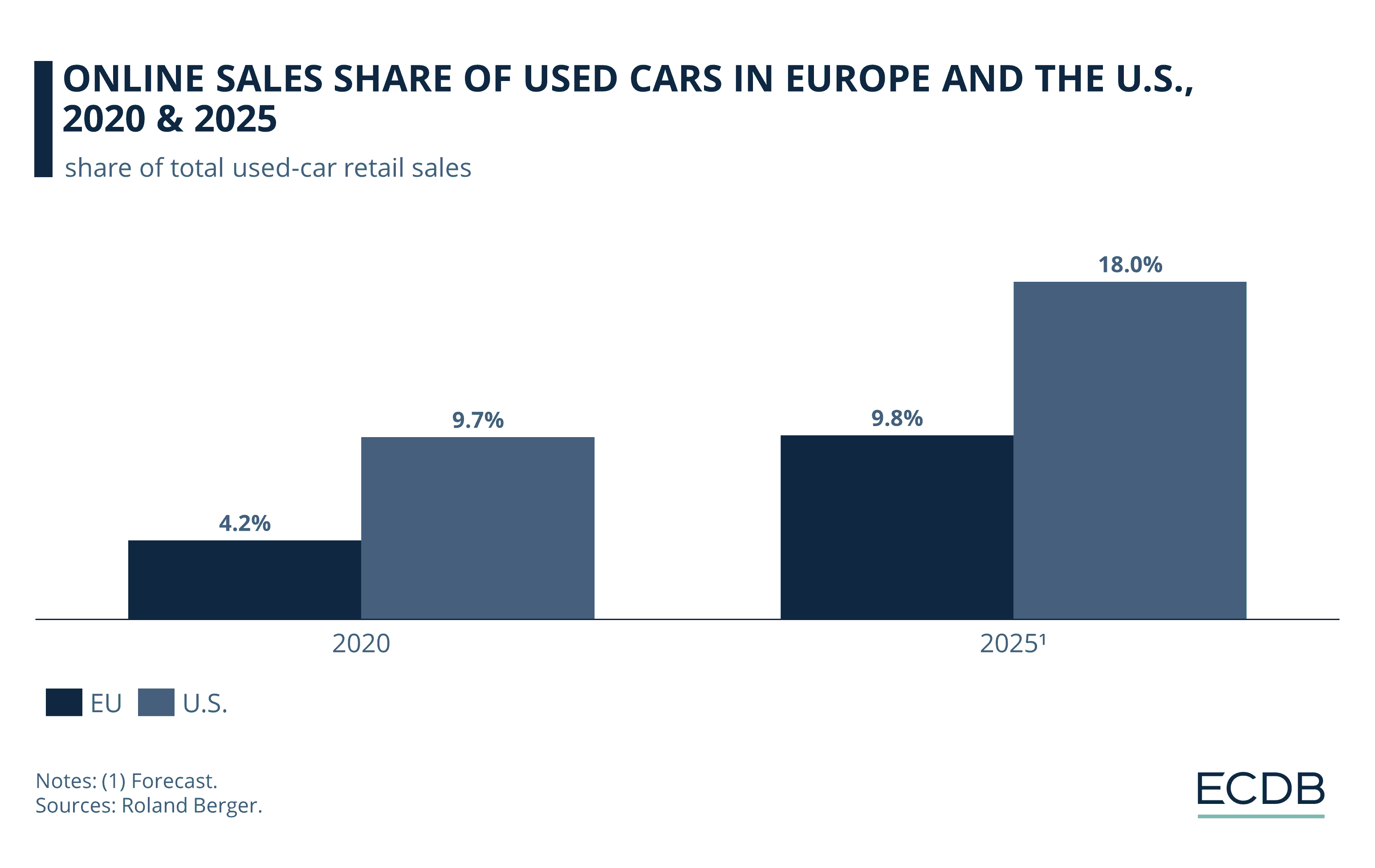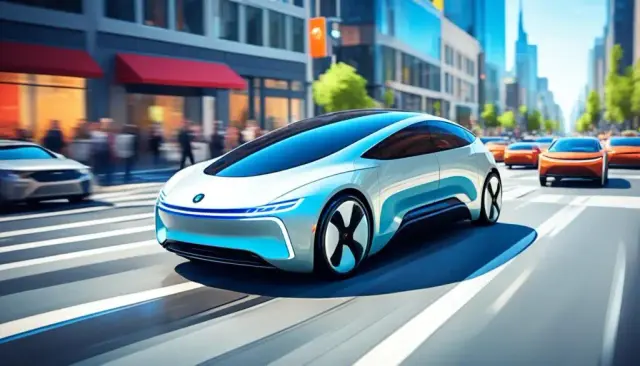How Rising EV Sales Are Reshaping the Auto Industry
Mia Anderson

Photo: How Rising EV Sales Are Reshaping the Auto Industry
The global automotive industry is undergoing a seismic transformation driven by the rapid adoption of electric vehicles (EVs). What once seemed like a distant future is now becoming a present reality, as governments, manufacturers, and consumers embrace the promise of sustainable mobility. This shift is reshaping the auto industry in profound ways, from production lines to consumer behavior. In this article, we’ll explore the key factors behind rising EV sales, their implications for the industry, and what lies ahead.
The Surge in EV Sales: A Global Phenomenon
In recent years, the growth of EV sales has been nothing short of remarkable. According to the International Energy Agency (IEA), global sales of electric cars exceeded 10 million units in 2022, marking a 55% increase from the previous year. This surge is fueled by several factors:
- Government Policies and Incentives: Many countries have introduced subsidies, tax breaks, and regulations to encourage EV adoption. For example, the European Union has set ambitious carbon emission targets, while the U.S. Inflation Reduction Act includes significant tax credits for EV buyers.
- Improved Technology: Advances in battery technology have extended driving ranges and reduced charging times, addressing key consumer concerns.
- Declining Costs: The cost of EV batteries, a major component of the vehicle’s price, has dropped by nearly 89% over the last decade, making EVs more affordable.
These drivers have collectively accelerated the transition from internal combustion engines (ICE) to electric powertrains, setting the stage for a revolution in the auto industry.
How EV Sales Are Reshaping the Auto Industry
The rapid growth of EVs is creating ripple effects throughout the auto industry, influencing manufacturing, supply chains, market dynamics, and consumer preferences. Here’s how:
1. Transformation of Manufacturing Processes
Traditional automotive manufacturing is being overhauled to accommodate EV production. Unlike ICE vehicles, EVs rely on fewer moving parts, which simplifies assembly lines. However, it also requires significant investments in new technologies and workforce training.
- Reimagined Factories: Automakers like Tesla and Ford have built or revamped factories dedicated to EVs, incorporating cutting-edge robotics and sustainable practices.
- Job Evolution: The shift to EVs is changing workforce requirements, with a growing demand for software engineers and battery technicians over traditional mechanics.
2. Supply Chain Challenges and Opportunities
The rise of EVs has disrupted traditional automotive supply chains, as batteries and semiconductors become critical components. Sourcing raw materials like lithium, cobalt, and nickel for batteries has led to geopolitical and environmental concerns.
- Vertical Integration: Companies like Tesla and BYD are investing in mining and battery production to secure supply chains.
- Sustainability Efforts: Automakers are exploring alternatives like solid-state batteries and recycling programs to reduce reliance on rare materials.
3. Market Competition and New Entrants
The EV boom has leveled the playing field, allowing startups to challenge established automakers. Companies like Rivian, Lucid Motors, and NIO are carving out niches with innovative designs and technology.
- Legacy Automakers’ Response: Giants like GM and Volkswagen have announced plans to electrify their fleets, aiming for a complete transition within the next two decades.
- Tech Giants Entering the Scene: Companies like Apple and Xiaomi are reportedly developing EVs, highlighting the industry’s appeal to non-traditional players.
4. Impact on Consumer Behavior
Consumer attitudes towards EVs are shifting rapidly, driven by growing environmental awareness and improved infrastructure.
- Changing Priorities: Buyers are prioritizing sustainability, fuel efficiency, and long-term savings over initial costs.
- Charging Networks: Investments in fast-charging networks by companies like ChargePoint and Electrify America are alleviating range anxiety, a key barrier to adoption.
Environmental and Economic Implications
The rise of EVs holds significant environmental and economic implications, reshaping the way we think about mobility and energy consumption.
1. Reduced Carbon Emissions
EVs produce zero tailpipe emissions, contributing to cleaner air and reduced greenhouse gas emissions. According to the IEA, switching to EVs could cut global CO₂ emissions by 1.5 gigatons annually by 2030 if adoption continues at the current rate.
2. Energy Transition
The growing popularity of EVs is driving the transition from fossil fuels to renewable energy sources. Solar and wind power are increasingly being used to charge EVs, creating a virtuous cycle of sustainability.
3. Economic Opportunities
The EV revolution is generating economic opportunities, from job creation in battery production to growth in ancillary industries like charging infrastructure and software development.
Challenges on the Road Ahead
Despite the promising growth of EVs, challenges remain that could slow their widespread adoption:
- Infrastructure Development: While charging networks are expanding, rural and underserved areas still lack adequate facilities.
- Affordability: Though prices are dropping, EVs remain out of reach for many consumers in developing countries.
- Energy Demand: The increased electricity demand from EVs could strain power grids, necessitating upgrades and smarter energy management systems.
The Future of the Auto Industry
As EV sales continue to climb, the future of the auto industry looks electric, connected, and autonomous. Emerging trends include:
- Autonomous EVs: Self-driving technology is expected to integrate seamlessly with EV platforms, creating safer and more efficient transportation systems.
- Vehicle-to-Grid (V2G) Technology: EVs will play a role in stabilizing power grids by feeding energy back during peak demand periods.
- Global Collaboration: Partnerships between automakers, tech companies, and governments will drive innovation and overcome adoption barriers.
Conclusion
The rise of EV sales is more than just a shift in consumer preference it’s a transformative force reshaping the entire auto industry. From manufacturing and supply chains to environmental and economic impacts, the implications are vast and far-reaching. As challenges are addressed and adoption accelerates, the EV revolution promises a cleaner, smarter, and more sustainable future for transportation. For automakers, policymakers, and consumers alike, the journey ahead is one of opportunity and innovation.
Marketing
View All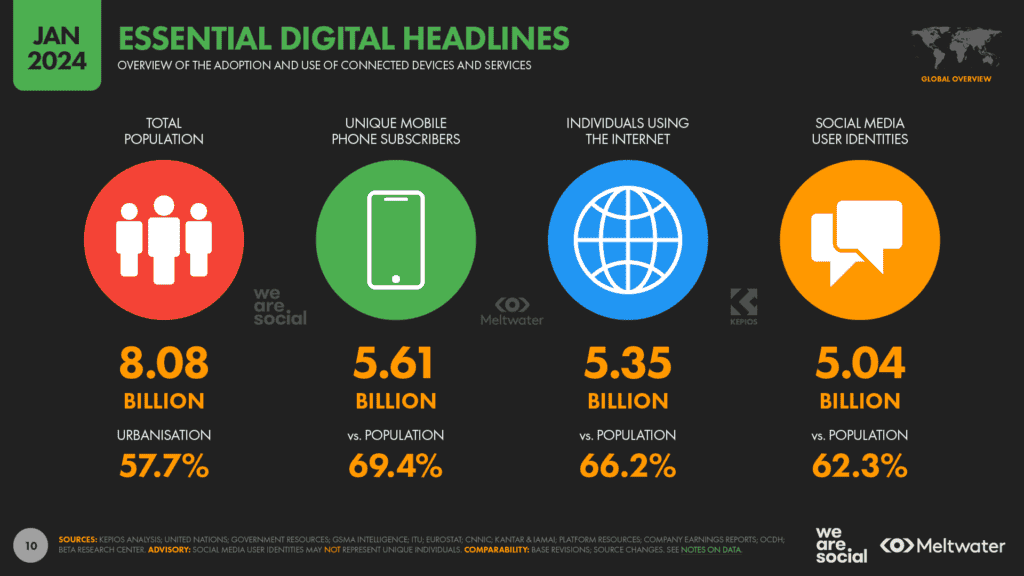
January 23, 2025
Social Media in Digital Marketing 2024Learn how social media is revolutionizing digital marketing in 2024. Boost your brand with actionable tips for viral campaigns!
Mia Anderson

January 23, 2025
10 Content Strategies for Digital SuccessCreate winning content with these 10 proven digital marketing strategies. Enhance engagement and conversions starting today!
Mia Anderson

January 25, 2025
Email Marketing in the Digital AgeUnlock the power of email marketing with modern strategies tailored for the digital age. Connect with your audience like never before!
Mia Anderson
Entertainment
View AllFind out which movie streaming platforms are the best in 2024. Get insights, compare options, and choose your ideal service. Click to learn more!
Mia Anderson
Having trouble deciding between Netflix and Disney+? Consider the advantages and disadvantages of each streaming service to help you choose the best one for your needs.
Mia Anderson
Discover top tips for attending music festivals in 2024. Learn how to prepare, stay safe, and enhance your festival experience. Read more to get ready!
Mia Anderson
Learn how to edit videos like a pro without breaking the bank. Explore the latest tools, techniques, and trends in 2024 video editing. Start creating today!
Mia Anderson
Automotive
View AllExplore the role of EVs in peer-to-peer energy sharing. Could EVs become key players in the decentralized energy market?
Read MoreExplore the pros and cons of selling your car online vs. locally. Find out which suits you best!
Read MoreExplore how autonomous vehicles (AVs) are driving the future of EV adoption. Will AVs be the key to widespread electric mobility?
Read MorePolular🔥
View All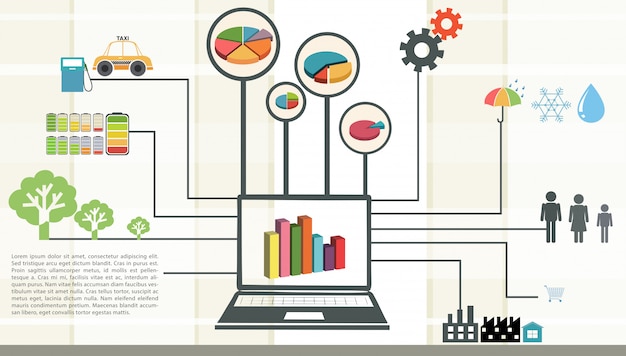
1
2
3
4
5
6
7
8
9
10
Technology
View All
December 8, 2024
How to Find the Best Deals on Tech Products This Holiday Season
Holiday shopping made easy! Learn how to score the best deals on tech gifts. Click to discover and save big this season.

November 10, 2024
The Ultimate Guide to Building Your Own PC
Ready to build your own PC? Follow our ultimate guide for step-by-step instructions and tips. Build your dream machine today!

August 9, 2024
The Power of NLP for Sentiment Analysis: A Complete Guide
Learn how to analyze sentiment with Natural Language Processing (NLP). Discover how NLP approaches may transform the way you interpret client feedback and provide you with insightful information that will help your business grow.
Tips & Trick
View All











